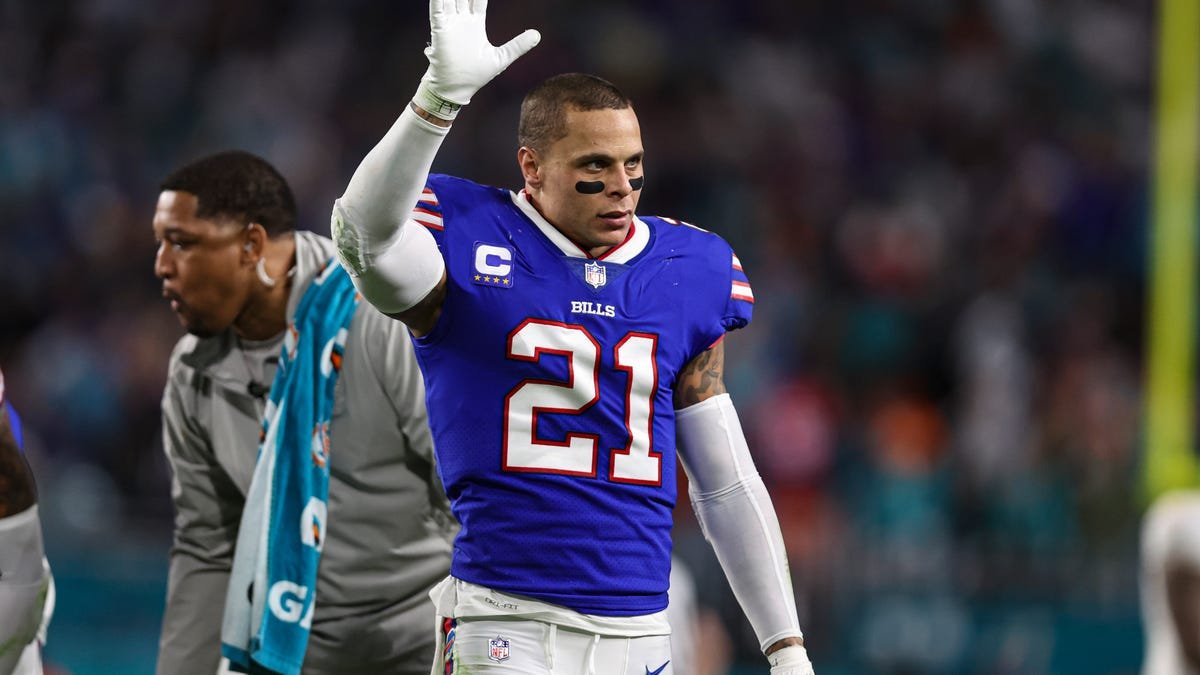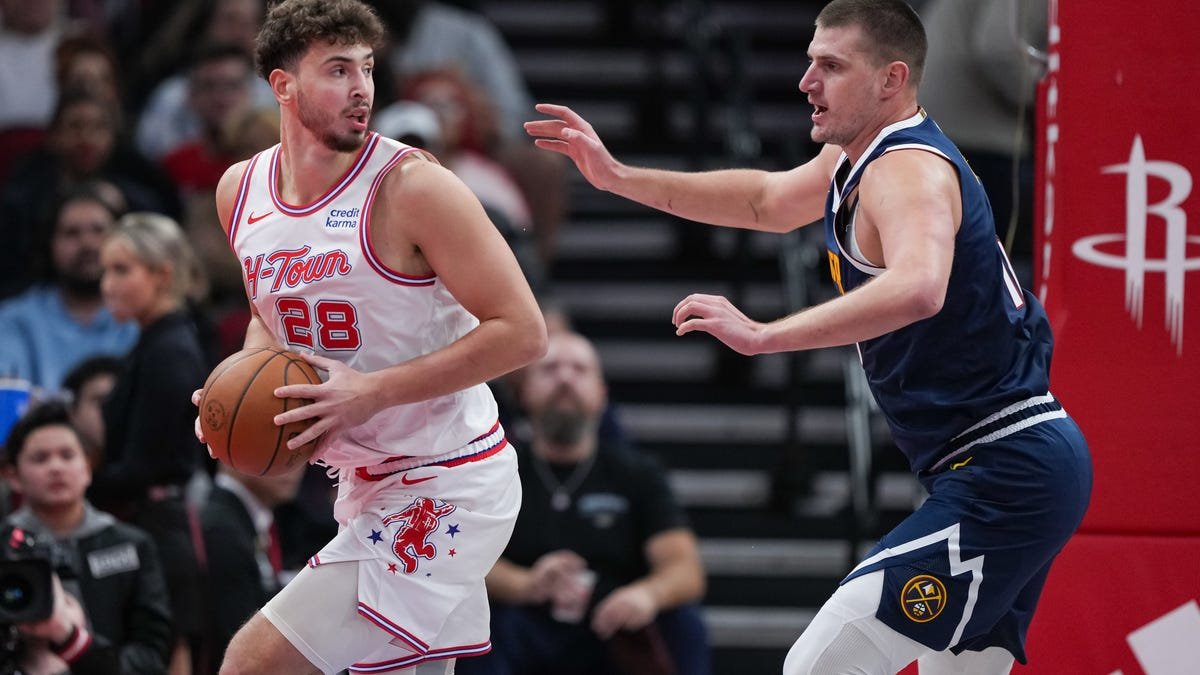College Sports: A Love-Hate Relationship
Ever since I got older than college, I have felt that college sports are a cesspool that should have been abolished long ago. At least the major ones. If the NBA and NFL want a developmental league, let them pay for it. But there are some pulls from childhood that never go away, including the one from Ann Arbor, Michigan.
No, I didn’t go to UM. With my grades, I wouldn’t have gotten in there even if my last name was “Ford.” (And that’s with my mother having graduated from there). Thanks to the location of the other half of the family though, I spent a good portion of my childhood in Ann Arbor (if you’re a grad and ever ate at Red Hot Lover’s/Chicago Dog House, you know). So I grew up a Michigan fan, and I grew up knowing what Ann Arbor smells like, feels like, in the fall.
College sports, especially football, have always been a big part of the culture in Ann Arbor. The Michigan Wolverines are not just a team; they are an institution. The passion and loyalty of the fans are unmatched. Saturdays in the fall are filled with anticipation, excitement, and a sense of community as thousands of fans gather at the Michigan Stadium, also known as “The Big House,” to cheer on their beloved team.
Jim Harbaugh, the head coach of the Wolverines, is a figure that embodies the spirit of Michigan football. With his energetic coaching style and dedication to the team, Harbaugh has become a symbol of hope for Michigan fans. His presence on the sidelines is a constant reminder of the rich history and tradition of the program.
But college sports, and college football in particular, are not without their controversies. The debate over whether college athletes should be paid has been a topic of discussion for years. Many argue that the NCAA and universities profit greatly from the efforts of these athletes and that they should receive a fair share of the revenue. Others believe that the current system provides athletes with valuable opportunities and scholarships, and that paying them would undermine the amateur nature of college sports.
There are also concerns about the well-being of student-athletes. The physical demands of playing a sport at a high level while also managing academic responsibilities can be overwhelming. Injuries are common, and the pressure to perform can be immense. The mental health of student-athletes is another area of concern, with studies showing high rates of stress, anxiety, and depression among this population.
Despite these issues, college sports continue to captivate audiences and create a sense of unity and pride among fans. The victories and defeats of the team are shared experiences that bring people together, creating a sense of belonging and camaraderie. The memories made at games and the traditions passed down from generation to generation are what make college sports so special.
In the end, my love for Michigan football is a complicated one. I recognize the flaws in the system and the challenges faced by student-athletes. But I also cherish the memories and the sense of community that comes with being a fan. College sports may have their faults, but they also have the power to bring people together and create lasting connections. And for that reason, I will always have a special place in my heart for the Wolverines and the city of Ann Arbor.
Sources:
– Sam Fels: https://deadspin.com/michigan-wolverines-national-title-college-football-1851151393





